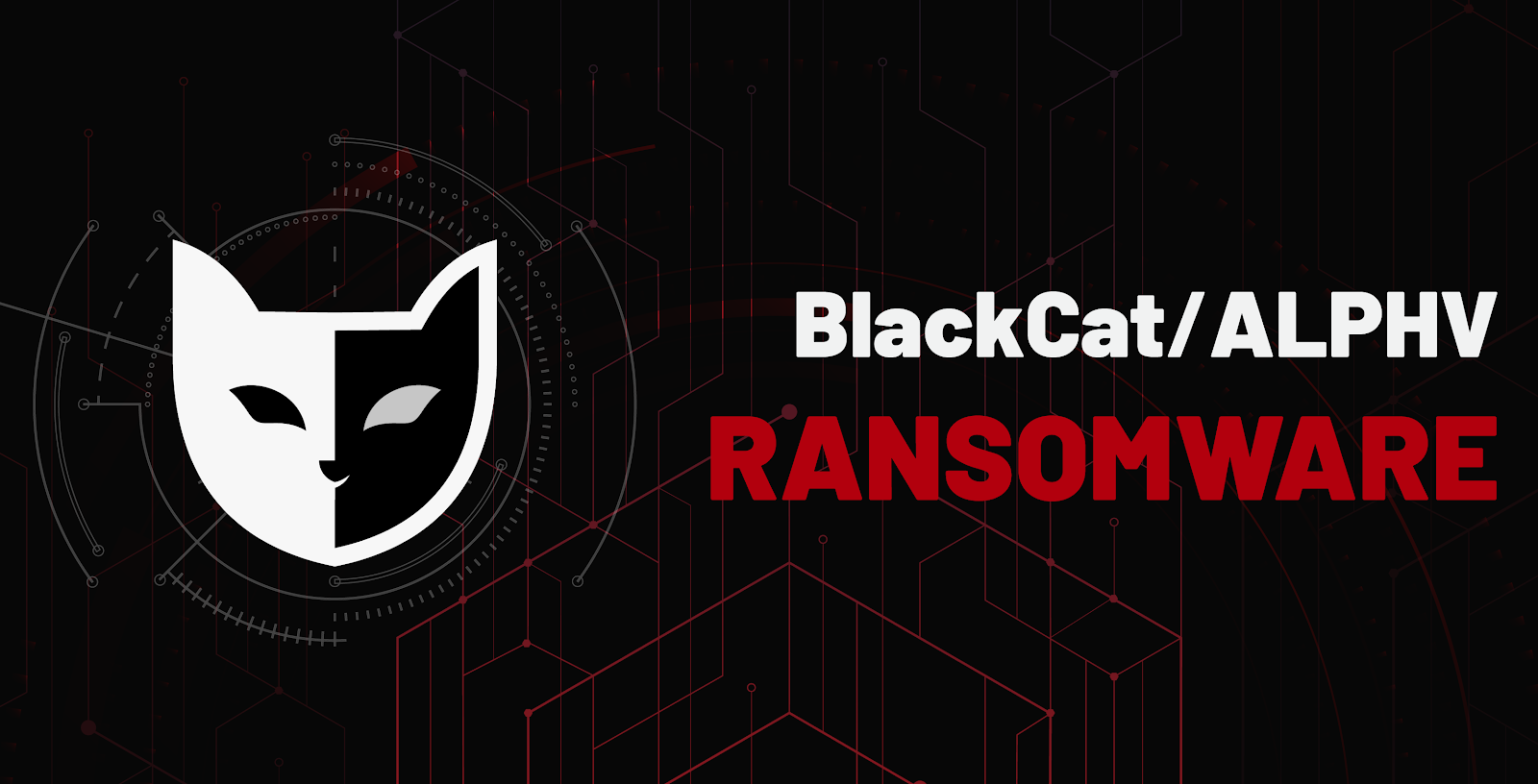A Deep Dive Into the Residential Proxy Service ‘911’
For the past seven years, an online service known as 911 has sold access to hundreds of thousands of Microsoft Windows computers daily, allowing customers to route their Internet traffic through PCs in virtually any country or city around the globe — but predominantly in the United States. 911 says its network is made up entirely of users who voluntarily install its “free VPN” software. But new research shows the proxy service has a long history of purchasing installations via shady “pay-per-install” affiliate marketing schemes, some of which 911 operated on its own.
911[.]re is one of the original “residential proxy” networks, which allow someone to rent a residential IP address to use as a relay for his/her Internet communications, providing anonymity and the advantage of being perceived as a residential user surfing the web.
From a website’s perspective, the IP traffic of a residential proxy network user appears to originate from the rented residential IP address, not from the proxy service customer. These services can be used in a legitimate manner for several business purposes — such as price comparisons or sales intelligence — but they are massively abused for hiding cybercrime activity because they can make it difficult to trace malicious traffic to its original source.
Residential proxy services are often marketed to people seeking the ability to evade country-specific blocking by the major movie and media streaming providers. But some of them — like 911 — build their networks in part by offering “free VPN” or “free proxy” services that are powered by software which turns the user’s PC into a traffic relay for other users. In this scenario, users indeed get to use a free VPN service, but they are often unaware that doing so will turn their computer into a proxy that lets others use their Internet address to transact online.
Researchers at the University of Sherbrooke in Canada recently published an analysis of 911, and found there were roughly 120,000 PCs for rent via the service, with the largest number of them located in the United States.
“The 911[.]re network uses at least two free VPN services to lure its users to install a malware-like software that achieves persistence on the user’s computer,” the researchers wrote. “During the research we identified two free VPN services that [use] a subterfuge to lure users to install software that looks legitimate but makes them part of the network. These two software are currently unknown to most if not all antivirus companies.”
The researchers concluded that 911 is supported by a “mid scale botnet-like infrastructure that operates in several networks, such as corporate, government and critical infrastructure.” The Canadian team said they found many of the 911 nodes available for rent were situated within several major US-based universities and colleges, critical infrastructures such as clean water, defense contractors, law enforcement and government networks.
Highlighting the risk that 911 nodes could pose to internal corporate networks, they observed that “the infection of a node enables the 911.re user to access shared resources on the network such as local intranet portals or other services.”
“It also enables the end user to probe the LAN network of the infected node,” the paper continues. “Using the internal router, it would be possible to poison the DNS cache of the LAN router of the infected node, enabling further attacks.”
911 did not respond to multiple requests for comment on this research. A person who responded to an instant message sent to the address listed on its homepage said they could only discuss technical issues with the software.


Comments
Post a Comment